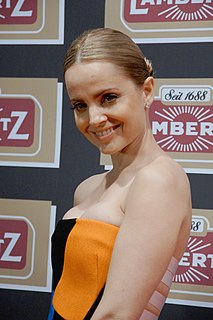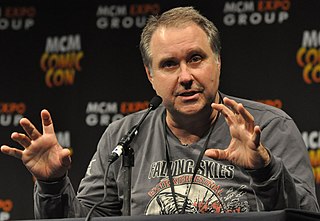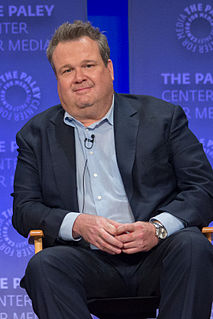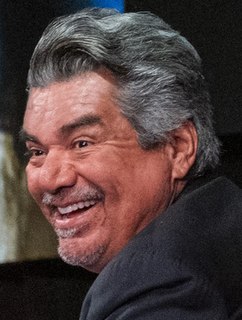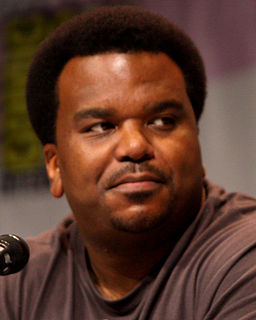A Quote by Mena Suvari
Working in television, many times you read a script, you work on the pilot, and then you play the waiting game to see if you're able to make it a series.
Related Quotes
When you're working on a television show with actors, what you hope you're doing is playing jazz with them all the time. You see what they're giving you, so you try to write back to that, and then they play with that, and you get a sense of what is going on. That's just a natural way in which TV series usually work.
In my early work, my time in the batting cage, that's serious, and that's when I feel like I'm really working. That's where I have to lock in on my approach, make sure my mechanics are right, and make sure my mindset is right for the upcoming game. But then, when the game comes up, it's a game! You're supposed to have fun when you play games.
My favorite thing to do is rip the covers off a script when reading for writers to hire and make everybody read without names on the covers of the script. I can't tell you how many times my writers, women and men, will pick people of color and women much more often than they would with a cover on the script.
Often I hear people say they do not have time to read. That's absolute nonsense. In the one year during which I kept that kind of record, I read twenty-five books while waiting for people. In offices, applying for jobs, waiting to see a dentist, waiting in a restaurant for friends, many such places.
Increasingly, there's much better material on television, but there's not always the time and money to make it, so you've got to make sure you make it in the right place. It also depends on time commitment; a lot of directors will make a pilot, but a series is just a whole other level of involvement.
When you start out as an actor, you read a script thinking of it at its best. But that's not usually the case in general, and usually what you have to do is you have to read a script and think of it at its worst. You read it going, "OK, how bad could this be?" first and foremost. You cannot make a good film out of a bad script. You can make a bad film out of a good script, but you can't make a good film out of a bad script.
